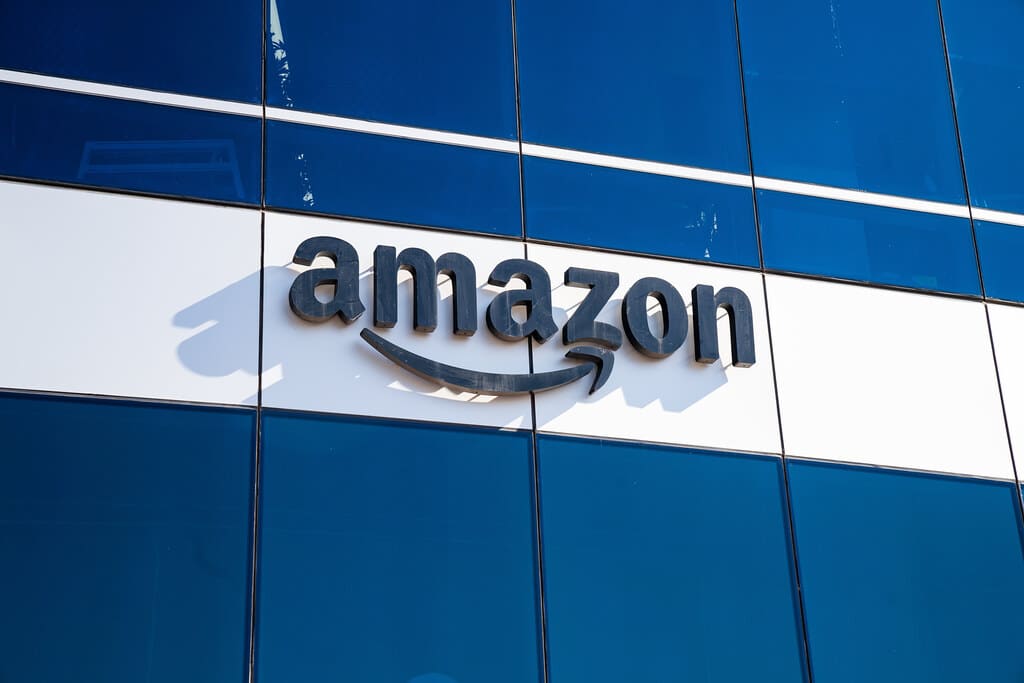New York Times Technology writer David Streitfeld recently examined the role the Federal Reserve’s easy money policies played in the rise and, if not fall then at least slippage, of many technology companies. Immediately after the bursting of the housing bubble (which was also caused by the Fed) in 2008, the central bank embarked on a historic spree of money creation that kept interest rates near or even below zero. The Fed not only used its traditional tools to pump money into the economy, but pursued an unpresented policy of “quantitative easing.”
The result was that investors found themselves flush with cash in a low interest rate environment. As is always the case, this caused these investors to seek out investments that promised a quick and substantial return. Many of these investors pumped money into tech companies. But now, with the Fed pulling back, the good times for tech are coming to an end, As Sam Abuelsamid, principle analyst with Guardhouse Insights said, “the whole tech industry of the last 15 years was built by cheap money…Now they’re getting hit by a new reality, and they will pay the price.”
For example, Amazon attracted capital that it used to open grocery stores and even brick-and-mortar bookstores (which were primarily intended to serve as physical advertisements for Amazon.com). Today, however, the company is having to lay off staff as its stock price falls. Another example is Carvana. Carvana was founded to revolutionize the way people bought used cars. They expanded thanks to the Fed-created boom, but have lost 98% of their stock value over the past 18 months.
Streitfeld observes that the current downturn in tech is hitting younger workers, who likely thought that the good times could last forever, particularly hard. Streitfeld mentions that it is not just tech workers who expected the Federal Reserve-created boom to go indefinitely. The idea that companies like Amazon, Google, and even Carvana’s growth is the result of easy monetary policy—and thus will end when the Fed stops pumping money into the economy—is no doubt shocking to Federal Trade Commissioner (FTC) Lina Khan, Senator Amy Klobuchar, and others, who have been using the supposedly unshakable dominance of the big tech companies to justify expanding federal power over the economy. Klobuchar is pushing legislation misnamed the American Innovation and Choice Online Act that would impose new regulations on Big Tech, including some aimed at forcing tech companies to treat their smaller partners “fairly.” The rise of Big Tech has also been used by Khan and her allies to justify abandoning the consumer welfare standard, which has dominated antitrust policy since the 80’s. Instead, Khan wants to punish any business whose practices the agency deems “unfair.”
Some conservatives (or “Khanservatives”) have allowed their understandable anger at the way some big tech companies silence conservative news and opinions to mislead them into supporting dangerous policies like the Klobuchar bill. These Khanservatives, like their progressive counterparts, are convinced that threat of Big Tech necessitates abandoning the consumer welfare standard and embracing a more aggressive approach to antitrust. Both left and right ignore the fact that the real problem is government officials “encouraging” tech companies to censor certain views. Giving government more power over technology companies will only make the problem worse.
Big Tech companies like META are suffering not just from the bursting of the latest tech bubble, but they are losing customers. Some have fled Big Tech because their content moderation policies have led them to look for more free speech-friendly social media platforms. Others, especially young people, are leaving Big Tech for newer sites they find more appealing, thus causing big tech companies to scramble to find ways to win these customers back.
The real lesson of the last decade is that entrepreneurs and investors can easily be misled by the Federal Reserve’s manipulation of the money supply. They make business decisions that provide short-term gains that disappear once the Fed inevitably stops pumping money into the economy. Companies that become so big and arrogant take their customers for granted and will suffer as those customers leave for other companies that offer superior products—as long as government does not interfere with the workings of the market. Instead of falling for Lina Khan’s big government cons, conservatives should support the separation of state and tech, as well as ending the Fed altogether.







